Bac Giang works to keep kitchens in industrial parks safe
BAC GIANG - Every day, enterprises operating in the province's industrial parks (IPs) prepare hundreds, even thousands of food rations for workers. To protect workers' health, in addition to on-site inspections of kitchens, provincial authorities and companies have paid attention to tracing the origin of food used to prepare meals for workers.
Ich Cube Vietnam Co., Ltd. in the Dinh Tram IP has been in operation since 2017, creating jobs for 300 workers. To provide lunch for workers, the firm signed an industrial meal supply contract with Home Food Vina Co., Ltd. in Bac Ninh province.
|
|
|
Preparing food rations at the kitchen of Ich Cube Vietnam Co., Ltd. |
The cooking is carried out in the company's kitchen following a one-way process, with all food supplies for each meal given safety certificates. The water supplied to the kitchens is always monitored to ensure quality. The daily menu is nutritionally balanced and suitable for weather conditions.
In particular, to make workers assured of the quality of their meals, the company has established an internal supervision team consisting of medical staff, officials and workers.
According to statistics, the province has 374 enterprises operating in industrial parks, of which 40 prepare meals for workers, 232 sign contracts for ready-made meals (55 companies process food on-site and the rest buy ready-made servings transported from other places).
With more than 1,000 workers, Celink Vietnam Co., Ltd. in the Van Trung Industrial Park supports workers with meals worth 25,000 VND (0.99 USD) each, and invests in a modern, clean canteen system.
To have a cool space and avoid workers having to queue for their meals, the company schedules breaks appropriately and divides the workers into two groups, taking their meals 20-30 minutes apart.
Similarly, after expanding production, the number of workers increased, in 2022, Haem Vina Co., Ltd. in the Song Khe - Noi Hoang Industrial Park spent 200 million VND (7,952 USD) upgrading the canteen, raising its capacity from 200 to 600 seats.
The tables, chairs, air conditioners, and fans were also invested synchronously. The company has required the catering service provider to design a weekly menu featuring a main dish, a side dish, vegetables, soup, rice and a dessert.
To ensure food safety and hygiene in kitchens in industrial parks, over the past time, the Food Safety Division - FSD (formerly the Food Safety and Hygiene Sub-Department) under the Department of Health, the clinics of industrial parks, and local authorities have strengthened coordination in inspecting, checking, and supervising compliance with regulations in collective kitchens.
Since the beginning of 2023, the FSD has coordinated with relevant units to conduct two inspections of enterprises in the province's industrial parks. Through the inspections, 90.5% of the 21 companies providing meals in the form of on-site processing met food safety requirements.
During the same period, the clinics of industrial parks provided guidance on proper food safety practices for 247 enterprises organising collective kitchens and purchasing prepared meals transported from other places.
Dr. Nguyen Van The, head of the FSD, said: “Although in recent years, there have been no food poisoning cases in enterprises in industrial parks, the risk still exists because collective kitchens have a great number of workers and a large amount of food used daily. Therefore, in addition to ensuring the quality of raw materials and proper storage and processing, collective kitchens need to pay special attention to hygiene. Sample storage and recording must also be done properly so that in the event of food poisoning, authorities can trace the cause”.
Sy Quyet
 Bắc giang
Bắc giang
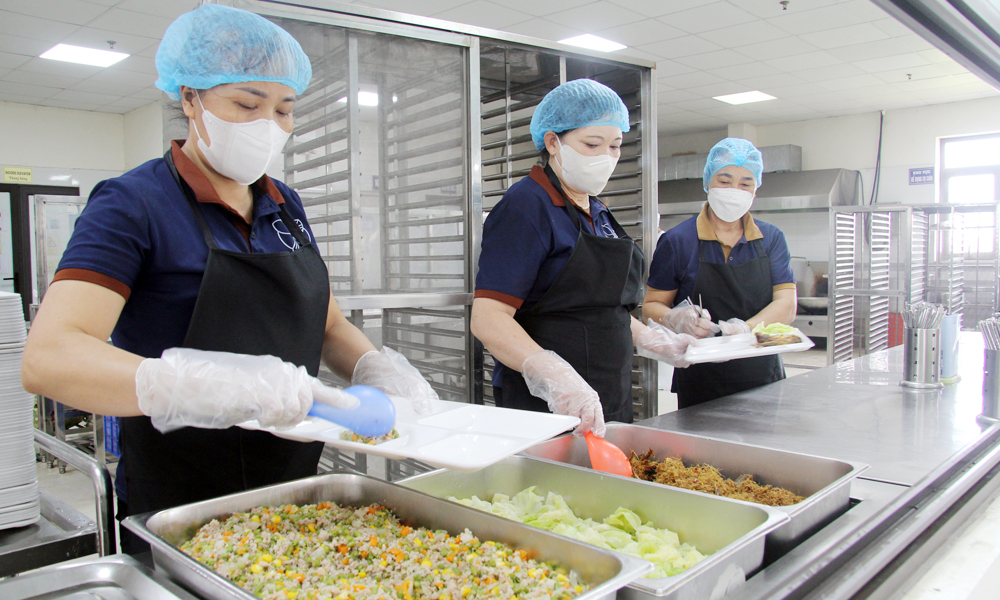


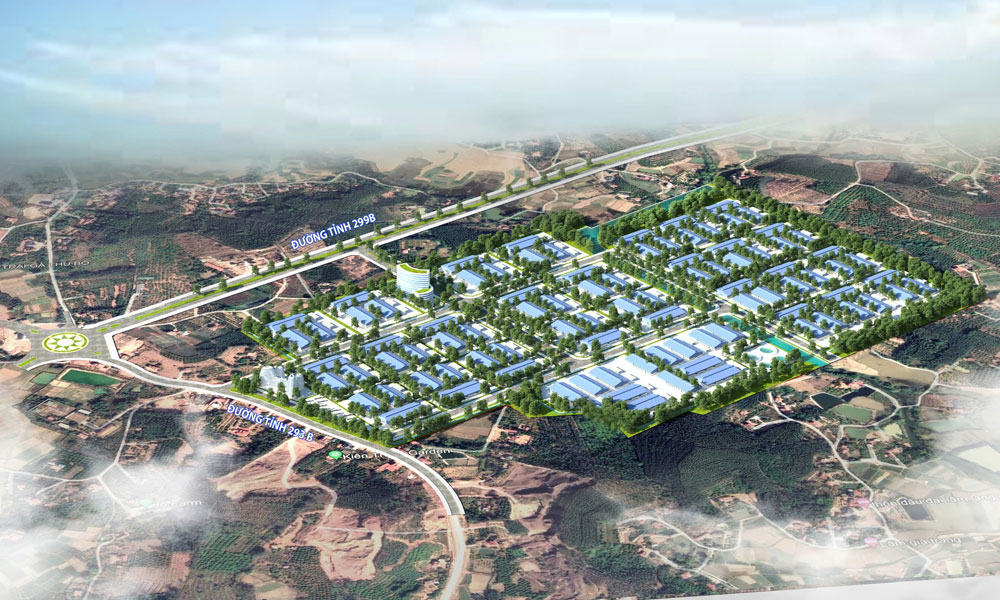


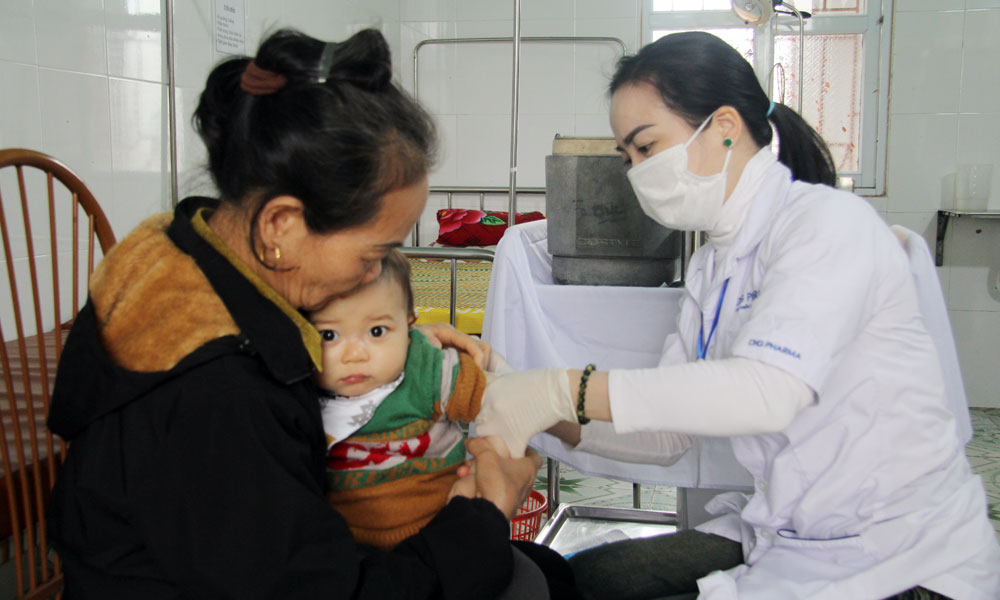

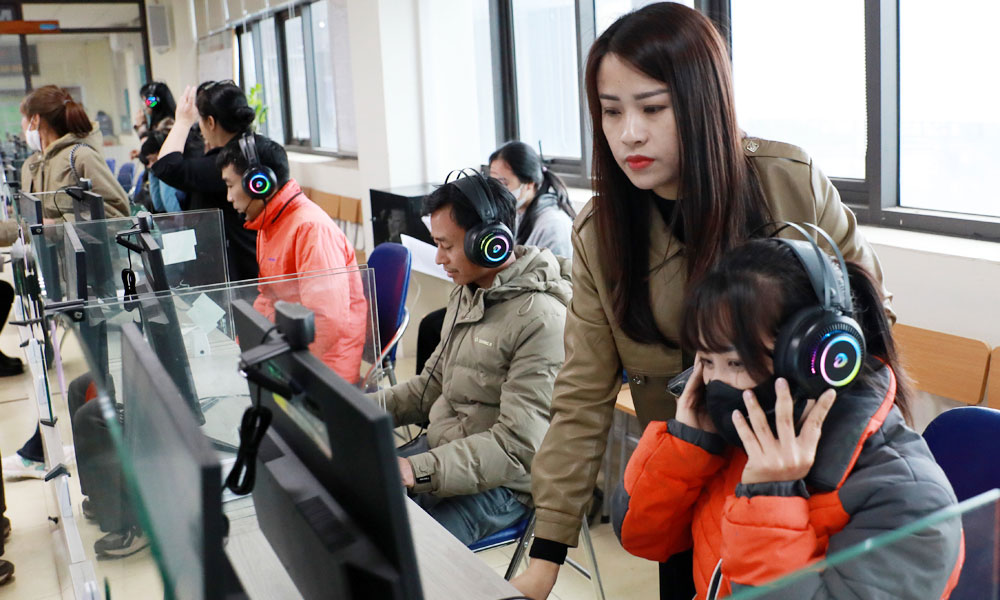

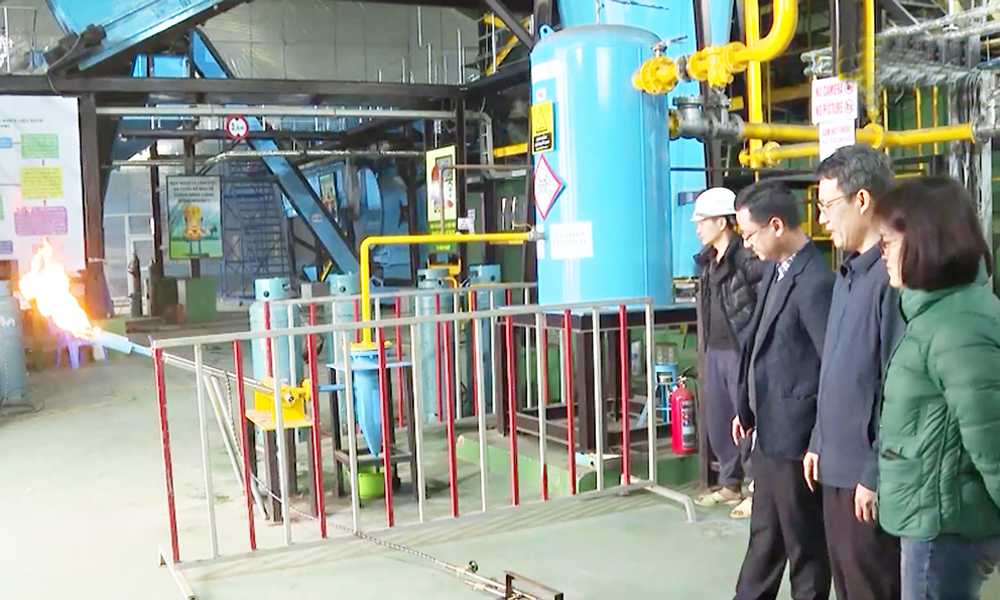
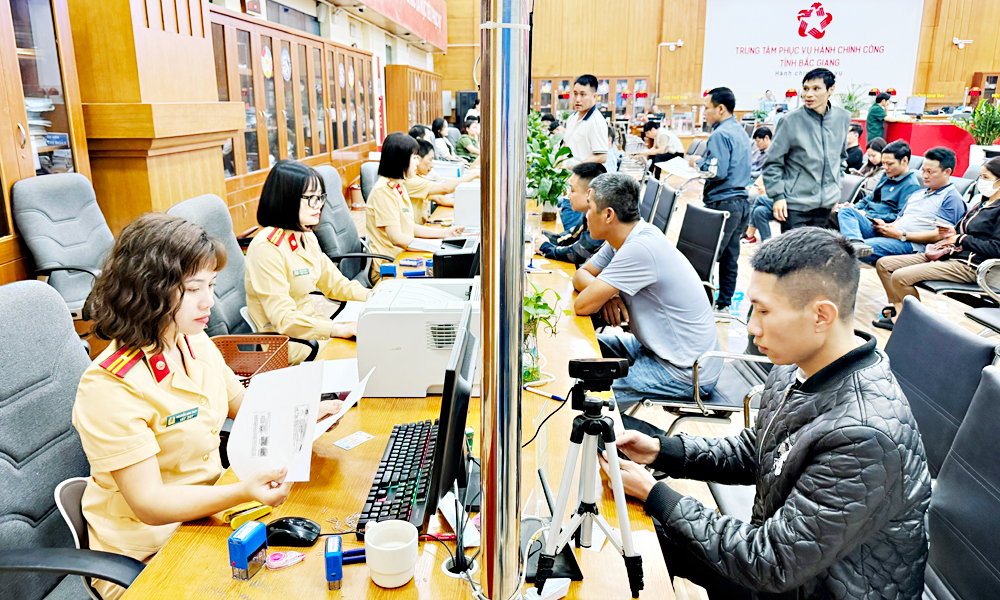

Reader's comments (0)